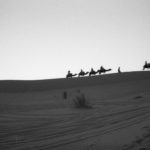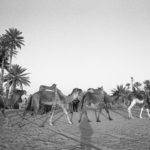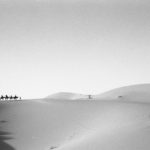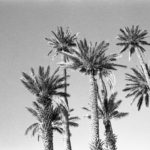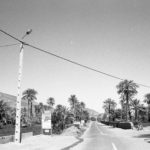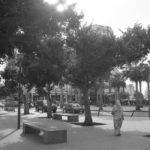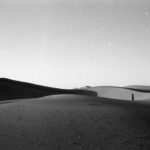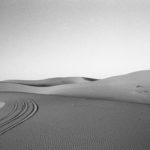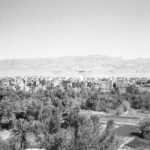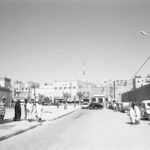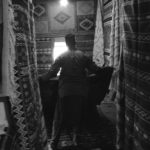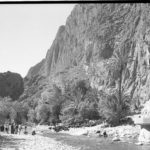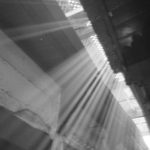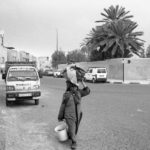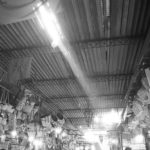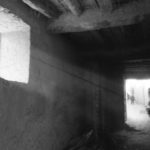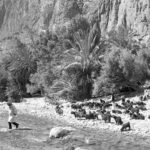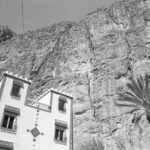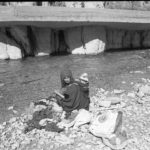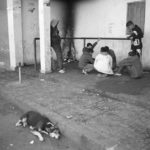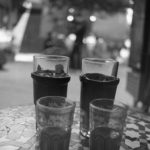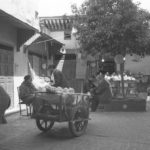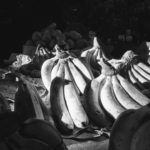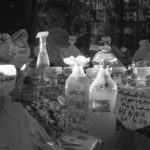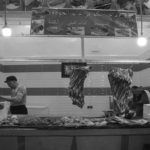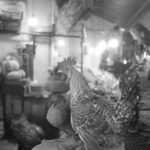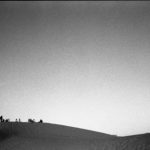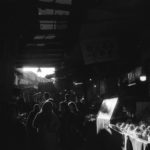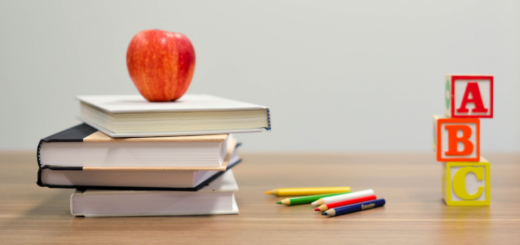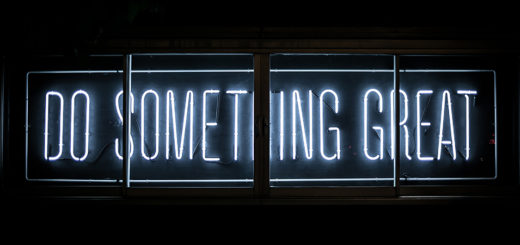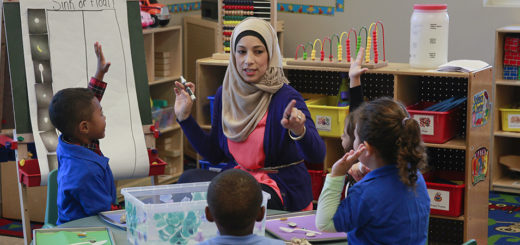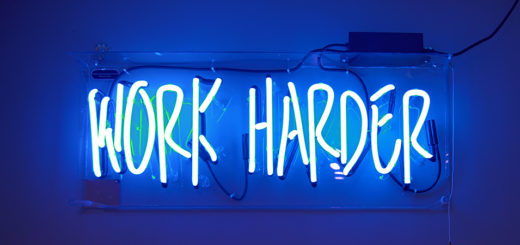Film Is Not Dead!
Check out the pictures at the end of this post. Not to toot my own horn, but I made those — and they’re all from film! So why am I so proud? Not only did I shoot these pictures, but from start to finish, I also developed, processed and printed them onto paper, all by hand.
I was absolutely attached to my film camera when I went to Morocco for spring break. I went through over 10 rolls of black and white film in as many days. That’s more than 360 pictures! For every city corner I turned, every ray of light I saw that came through a medina roof and every camel ride I took in the desert, my 35mm Canon AE-1 was in hand, and I was ready to shoot. Trying to get the perfect photo became an addiction. And the best part? I had no idea what the images looked like until I got them back to the dark room and developed them.
When you’re shooting film, there’s something intoxicating about setting up the shot, manually changing the functions to what you think is right for the lighting and still not knowing what you’ll get. Having to really consider what you’re taking a photo of is exactly what makes analog photography so special. There are only 36 potential images that can come from a roll (sometimes fewer), so you can’t just mindlessly snap away like you can with a digital camera. (Unless you’re in a foreign country, in which case it can be hard to resist taking pictures of everything!)
Film photography forces you to slow down. You’re directly responsible for how the camera functions in relation to the lighting, exposure, shutter speed, aperture, etc. You have to think about every little detail and admire moments as they pass, while deciding which ones are valuable enough to try to capture on film. When you do get that one special shot, and you see it post-processing, you feel incredibly proud. Immediately seeing 30 frames on your digital screen moments after taking them just isn’t the same.
Processing photos is a challenge in itself. Maybe you set up your camera well, shot some great pictures and are ready to get them onto photo paper. If that roll of film is exposed to light, the pictures are gone. If you develop the film in the chemicals in the wrong order, the pictures are gone. If you use the wrong timing or amount of light in printing, the pictures are gone. There’s a lot that can go wrong in processing that will completely destroy your roll or cause you to lose a print, but that makes the outcome that much sweeter when you do get it right. If your pictures come out, it’s a triumphant victory!
When I signed up for a photography class at Eastern Florida State College, I had no idea that it was going to be the best class I’d ever taken. I’ve always been interested in photography, but I never actually did anything with that interest. When I learned that EFSC offered photography classes, I knew it would be the perfect opportunity to try something that had intrigued me for a very long time.
I registered for a black and white course because film has always been interesting to me. We arrived on the first day and got a tour of the dark room — a scene straight from a movie or TV show. I had never seen one in person before! Film photography wasn’t offered as an option when I was in high school, so it was exciting to finally see the setup in real life. Our instructor demonstrated how to roll your film onto a reel, how to put it in the film tank in the dark, how to process it in the chemicals and how to use the enlargers in the dark room to print the image onto photo paper. Seeing the process firsthand got everyone in the class more excited, because we knew we would be able to do all of this ourselves in just a few short weeks, eventually with our own images.
Throughout the term, our instructor taught us how to use the manual functions of a film camera and how to set up our images. We also learned important camera concepts, such as aperture, shutter speed, ISO speed and exposure, as well as the basics of photography, such as light, subject and composition. I felt like I was a pro at these things within a couple of weeks! We would shoot images, submit them to our instructor for feedback, then go out and shoot some more with his tips and critiques in mind. At the beginning, I struggled to set up an image in the view finder and to adjust the camera functions. Now, I look, see what the setup should be, change it and shoot. It’s become second nature to me!
Making friends in this class was also a major highlight. Our instructor organized photo walks so we could roam Cocoa Village and shoot together, and that was a great way to get to know my classmates outside of an academic setting. We also photographed each other for assignments. When we had to shoot window light portraits, for example, we modeled for each other and had a lot of fun playing around with the task. At times, we even worked on assignments together. It was a blast trying to find places and subjects to shoot alongside people who knew exactly what I was looking for (and who got just as excited as I did when we finally found something that could work). Beyond academics, we all bonded over a shared hobby, and one of my absolute best friends is someone I met in that class!
Moral of the story: Do you have any potential interests you want to explore? Do you have a hobby in mind that you’ve always wanted to try? See if you can take a class on that subject, and dive right in! You’ll be surprised how it might change you for the better. These days, I take my film camera with me everywhere, and I just shoot. Film photography and analog processing have captured my heart, and I never want to use digital again. I’ve even started a collection of film cameras!
Also a photography buff? The class I took was part of Eastern Florida’s Photography CCC. If you’re not looking for a full-time school commitment, a certificate is a great way to learn the skills you need to become a photographer — or maybe you’d like to try it for fun in addition to pursuing a degree. Either way, you’re sure to have a good time, so definitely give it a shot!
Spring Break in Morocco
- Build Your Confidence by Coming to Campus: Part 3 - February 19, 2020
- Build Your Confidence by Coming to Campus: Part 2 - February 5, 2020
- Build Your Confidence by Coming to Campus: Part 1 - January 8, 2020





